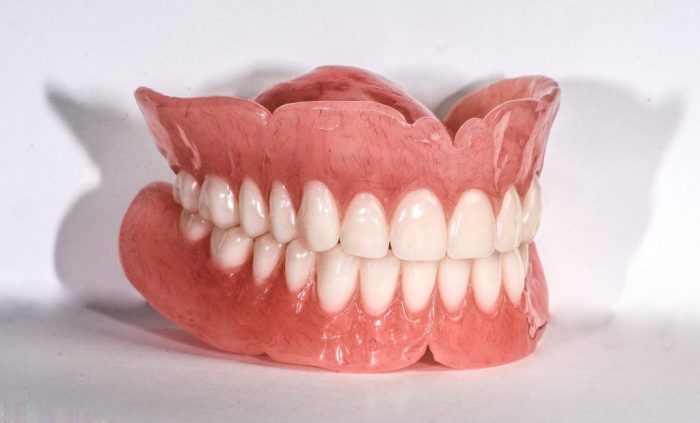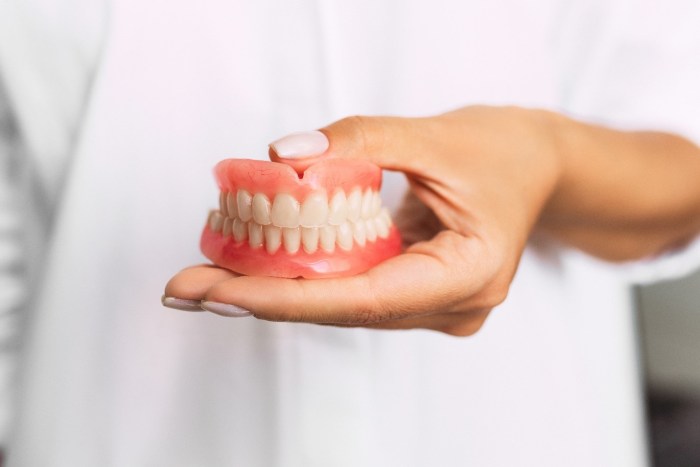Do you remove dentures in post mortem care? This question raises ethical, religious, and practical considerations that are crucial to address. Post mortem care involves preparing the body for burial or cremation, and dentures are often a part of this process.
In this article, we delve into the factors that determine whether dentures should be removed in post mortem care, exploring the potential risks and benefits, ethical and religious considerations, and legal implications. We provide guidance on proper documentation and communication, ensuring that the decision-making process is transparent and respectful of the deceased’s wishes.
Post Mortem Care Procedures: Do You Remove Dentures In Post Mortem Care

Post mortem care involves the proper handling and preparation of a deceased individual’s body after death. This includes procedures to ensure the deceased’s dignity and respect, as well as to prevent the spread of infection or disease.
Dentures, if present, require specific handling during post mortem care to maintain their integrity and prevent damage.
Denture Removal Considerations
The decision of whether or not to remove dentures in post mortem care depends on several factors:
- Denture type:Full or partial dentures may require different handling techniques.
- Condition of the dentures:Damaged or loose dentures may need to be removed for preservation.
- Facial features:Dentures can affect the appearance of the deceased’s face, and their removal may be necessary for identification purposes.
- Religious or cultural beliefs:Some religions or cultures may have specific practices regarding the handling of dentures after death.
Ethical and Religious Considerations
Ethical and religious beliefs can influence the decision to remove dentures. For example:
- Religious practices:Some religions believe that the body should remain intact after death, which may include keeping dentures in place.
- Cultural practices:Certain cultures may have customs related to the removal or retention of dentures after death.
Documentation and Communication
Proper documentation is essential when handling dentures in post mortem care. This includes:
- Recording the decision:Documenting the reason for removing or retaining dentures.
- Communicating with family:Informing family members or other relevant parties about the decision and the reasons behind it.
Legal Implications, Do you remove dentures in post mortem care
Legal considerations related to denture removal in post mortem care include:
- Consent:Obtaining consent from the deceased’s family or legal representative, if possible.
- Preservation of evidence:Dentures may contain valuable forensic evidence, and their removal should be considered carefully.
Quick FAQs
Why is it important to consider ethical and religious beliefs when making decisions about denture removal in post mortem care?
Ethical and religious beliefs can influence the decision to remove dentures in post mortem care. Some religions or cultures may have specific beliefs or practices regarding the treatment of the body after death, which may include the preservation of dentures.
Respecting these beliefs is crucial to ensure that the deceased’s wishes are honored.
What are the potential risks and benefits of removing dentures in post mortem care?
Removing dentures in post mortem care may pose risks such as damage to the dentures or surrounding tissues. However, it can also provide benefits, such as allowing for a more natural appearance of the deceased and facilitating certain embalming or restorative procedures.
Who is responsible for making the decision about denture removal in post mortem care?
The decision about denture removal in post mortem care is typically made by the family or legal representative of the deceased. In some cases, the deceased may have expressed their wishes regarding denture removal in advance, which should be respected.


